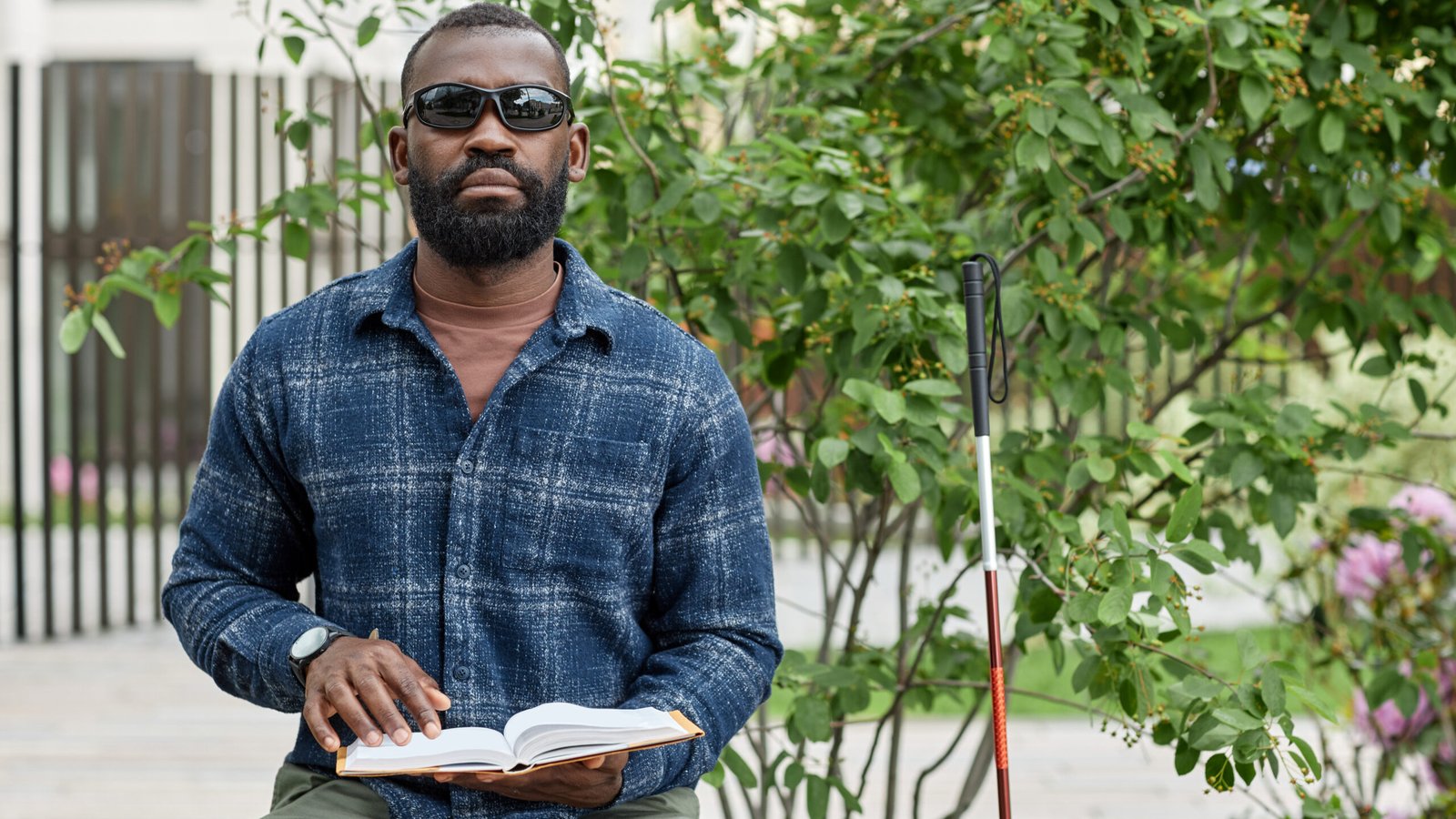The illiterate of the future are not those who can’t read or write but those who cannot, learn, unlearn, and relearn.
Sense of self
innovative solutions and successful outcomes.1Cardwell, M (2010) 4th ed. P.257
view of reality
unequal treatment, decision-making authority, and access to resources.2Cardwell, M (2010) 4th ed. P.257
naive realism
seeing others’ Points of view.
1st position-we are often here; and see things from our own point of view.

other Real/Artificial legal person
2nd position, see things from their point of view.

So-called Independent unemotional observers
3rd position-unemotional independent observer
conscious and unconscious bias
4th position-how neutral are we as observers?

culturally responsive solutions
5th position-how you relate to yourself as an observer.

Core beliefs
Introspection and extrospection4Cardwell, M (2010) 4th ed. P.257

adaptive forecasting
Maintain mental health5Daniel Gilbert, whilst dealing with positive or negative experiences

Advanced organisers
interpret 6Carol Dweck experiences in a way that promotes growth, well-being, and emotional stability.
change mindset
remaining aligned with the values of reliability, transparency, and fairness
Transcend conventional boundaries of thoughts, beliefs and behaviours7We must ask what is the aim of the scientific community. Is it to support or to criticize the social order? Is it to consolidate it ortransform it?Moscovici, 1972, p. 23.

self awareness8Robert Wicklund and Shelley Duvall in their 1972 book A Theory of Objective Self-Awareness.
in stressful situation, pause and consider whether motive is driven by fear or a desire to problem-solve

Planned behaviours
Consistency of efforts to ensure external behaviours reflect authentic personal motives..
- 1Cardwell, M (2010) 4th ed. P.257
- 2Cardwell, M (2010) 4th ed. P.257
- 3Fritz Heider 1946
- 4Cardwell, M (2010) 4th ed. P.257
- 5Daniel Gilbert
- 6Carol Dweck
- 7We must ask what is the aim of the scientific community. Is it to support or to criticize the social order? Is it to consolidate it ortransform it?Moscovici, 1972, p. 23.
- 8Robert Wicklund and Shelley Duvall in their 1972 book A Theory of Objective Self-Awareness.











